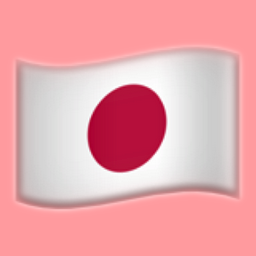
Japanese Word of the Day
Build the habit of learning Japanese with one word per day
# Education AssistantWhat is Japanese Word of the Day?
Build the habit of learning one Japanese word per day! You can chose a desired JLPT level and enable / disable romaji, and your configuration will be saved for when you return.
Problem
Individuals interested in learning Japanese often face challenges with consistent study routines and lack easy-to-access resources. Current traditional methods include language classes or textbooks, which can be time-consuming or overwhelming. The drawbacks are that learners may struggle to *engage in daily learning* and lack easy ways to slowly integrate Japanese vocabulary into their routines.
Solution
A digital tool that offers a daily 'Japanese Word of the Day' feature. Users can *learn one Japanese word per day*, with options to choose the desired JLPT level and enable/disable romaji. This approach allows for steady vocabulary building without overwhelming the learner.
Customers
Language learners, especially *Japanese language beginners*, students preparing for the JLPT exams, and any individuals interested in integrating language learning into their daily lives in a manageable way.
Unique Features
The product is unique in its consistent, manageable approach to language learning by allowing users to learn just one word per day, making it easier to build a habit without feeling overwhelmed.
User Comments
Users appreciate the simplicity and ease of use.
It's a great tool for maintaining consistency in learning.
Customization options like JLPT level and romaji are well-received.
Some users wish for more interactive features.
Overall, it is seen as an effective supplemental learning resource.
Traction
The product is gaining attention on Product Hunt, indicating growing interest within the online community, although specific user numbers and revenue details are not provided.
Market Size
The global language learning market was valued at approximately *$60.2 billion* in 2019 and is projected to grow due to increasing globalization and demand for multilingualism.


